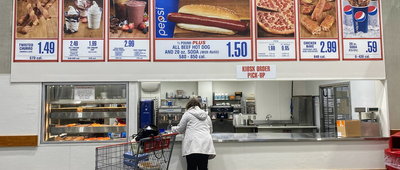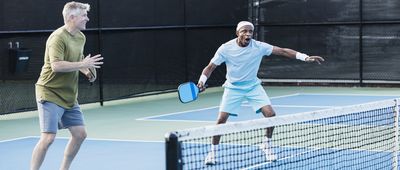Woodstock was not the first rock fest of note, coming two years after the Monterey Pop Festival, but it crystallized what such events could be in a way that concert attendees and promoters are still striving for 50 years on. It featured the largest live audience ever assembled and the largest lineup of talent, blending oft-segregated genres like folk, rock, soul, and country in much the same way festivals like Coachella and Bonnaroo try to today.
For promoters, music historian and author Stacy Harris alleges Woodstock "proved that if enough big names were present, a concert of its reach could withstand the big names that never appeared." Adds musician Trent Hankinson, front-man for the band Aqua Seca, "Woodstock set the bar for what a music festival should be. When you attend any of these festivals today, there is always a sense of community, [and] Woodstock was the festival to make that happen."
Michael Boltzman, executive talent buyer for G7 Entertainment Marketing, concurs, saying, "It was an experience of epic proportions that included cultural immersion, exploration, and even individual growth for people from all walks of life. This is what audiences want today; it's come full circle. The new generation of festival-goers want collaborative, engaging, and inspiring experiences where they are captivated by the on-stage performances and all things offstage as well."



























